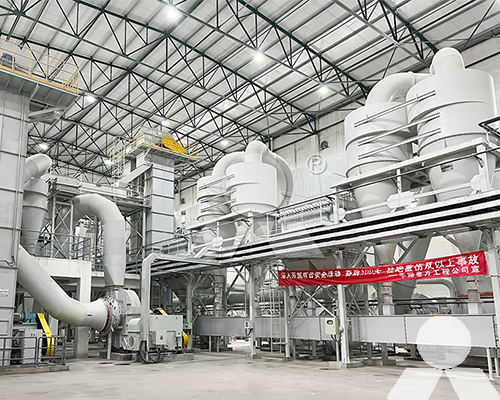What are the main products of the natural gypsum grinding production line?
Natural gypsum is a versatile mineral that has a wide range of applications. It is a soft, white, crystalline mineral that is composed of calcium sulfate dihydrate. Gypsum is mined from the earth and then processed into a variety of products, including:
- Building gypsum: Building gypsum is the most common product of natural gypsum processing. It is used to make a variety of construction materials, including drywall, plaster, and cement.
- Industrial gypsum: Industrial gypsum is used in a variety of industrial applications, including:
- Papermaking: Gypsum is used to control the pH of papermaking water and to improve the strength and brightness of paper.
- Drilling mud: Gypsum is used to thicken and stabilize drilling mud, which is used to lubricate and cool drill bits.
- Chemical processing: Gypsum is used in a variety of chemical processes, including the production of sulfuric acid and fertilizers.
- Agricultural gypsum: Agricultural gypsum is used to improve the quality of soil. It can help to reduce acidity, improve drainage, and increase the availability of nutrients.
The specific products produced by a natural gypsum grinding production line will depend on the specific needs of the customer. For example, a production line that is designed to produce building gypsum will have different equipment and processes than a production line that is designed to produce industrial gypsum.

The natural gypsum grinding production process typically consists of the following steps:
- Crushing: The raw gypsum is crushed to a size that is suitable for grinding.
- Grinding: The crushed gypsum is ground to a fine powder.
- Drying: The ground gypsum is dried to remove any moisture.
- Separation: The ground gypsum is separated from any impurities.
- Packing: The finished gypsum is packed for shipping.
The natural gypsum grinding industry is a growing industry. Demand for gypsum is expected to continue to grow in the coming years, driven by the increasing demand for construction materials and industrial applications.









